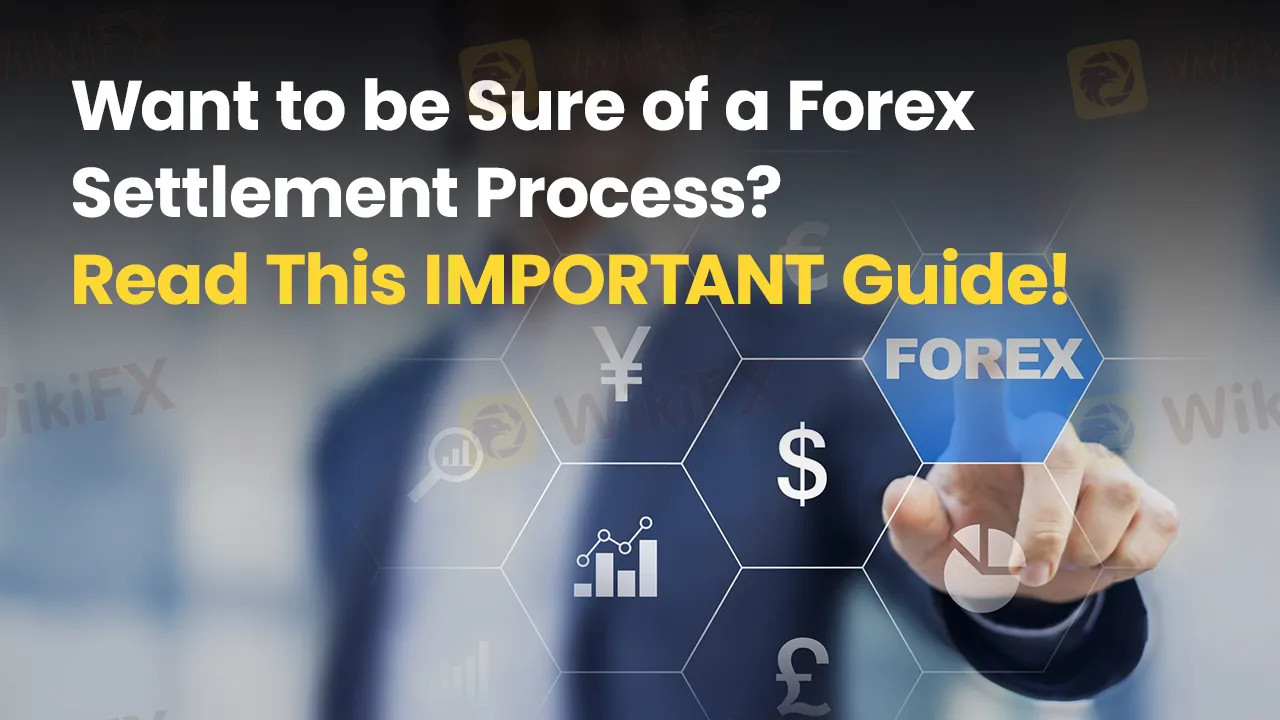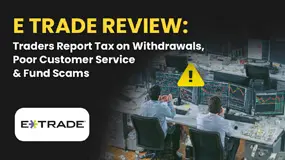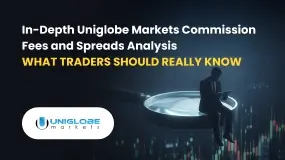简体中文
繁體中文
English
Pусский
日本語
ภาษาไทย
Tiếng Việt
Bahasa Indonesia
Español
हिन्दी
Filippiiniläinen
Français
Deutsch
Português
Türkçe
한국어
العربية
Want to be Sure of a Forex Settlement Process? Read This IMPORTANT Guide!
Abstract:Forex settlements are complex—and missteps can cost millions. This guide breaks down CLS, the global standard in FX settlement, so you can reduce risk and streamline cross-border transactions.

Forex settlements are complex—and missteps can cost millions. This guide breaks down CLS, the global standard in FX settlement, so you can reduce risk and streamline cross-border transactions.
CLS and the Transformations It Brought to FX Settlement Worldwide
Major foreign exchange players have pioneered the Continuous Linked Settlement (CLS) concept to minimize settlement risks emanating from the gross settlement involved in foreign exchange trades.
CLS Bank, which commenced its operations in 2002, operates according to the regulatory guidelines issued by the Federal Reserve Board in consultation with central banks, which have currencies that settle through its system.
The CLS Bank consists of 70+ settlement members and 30,000+ participants involving banks, non-banking financial institutions, funds, and multinational corporations with cross-currency settlement deals.
Eighteen currencies settled through the CLS Bank are - USD, CAD, NZD, AUD, EUR, JPY, KRW, HKD, DKK, CHF, HUF, NOK, SEK, SGD, MXN, ILS, ZAR, and GBP.
Talking about India, CCIL commenced the cross-currency settlement deals through the CLS Bank in 2005. CCIL aggregates the reported trades of member banks and allows them to benefit from the CLS Bank.
Some Key Benefits of CCIL-CLS Collaboration Include decreased forex settlement risk, expanded foreign exchange trading, real-time trade status information, the usage of local currency as collateral, settlement and fund flow, among others.
Worrying About Time Zone-related Forex Settlement Risks? CLS Has a Plausible Solution!
We share your sentiment regarding time zone-related settlement risks. Theres a possibility of one party committing a default before the trade settlement from both sides. This is where the Payment Versus Payment System of CLS becomes a differentiator by settling the transactions of both buyers and sellers at the same time. CLS system-based FX settlements remain final and irrevocable. The settlement happens on a gross basis, whereas the funding is on a net basis.
What Does the Forex Settlement Process Involve?
It involves -
- Trade Instruction Submission
- Trade Match
- Deal Funding
- Payment to the Participant Account
The process begins by demonstrating the net position of each settlement member for a particular day at the very beginning. The CLS devises a payment schedule for short currency positions. The CLS receives pay-in times during the day of its operation. The settlement member pays to CLS Bank within the settlement window i.e. 7:00 CET to 12:00 CET and receives long position payments.
Conclusion
By leveraging CLS, institutions can mitigate settlement risk, ensure real-time clarity, and align with global best practices. Understanding this process is no longer optional—it's essential to tasting success in modern forex operations.
For more exciting updates on Forex, feel free to join our growing community - WikiFX Masterminds.

Disclaimer:
The views in this article only represent the author's personal views, and do not constitute investment advice on this platform. This platform does not guarantee the accuracy, completeness and timeliness of the information in the article, and will not be liable for any loss caused by the use of or reliance on the information in the article.
Read more

Can These Five Brokers boost your wealth?
Choosing a reliable broker can directly impact your long-term profitability. WikiFX evaluates a broker’s safety, regulatory compliance, and service quality. According to WikiFX’s latest ratings, the following five brokers consistently achieve higher scores than many competitors. Whether you're a beginner or a seasoned investor, these well-regulated, reputable platforms may help you trade with greater confidence and potentially boost your wealth.

E TRADE Review: Traders Report Tax on Withdrawals, Poor Customer Service & Fund Scams
Has your E Trade forex trading account been charged a withholding tax fee? Did your account get blocked because of multiple deposits? Did you have to constantly call the officials to unblock your account? Failed to open a premium savings account despite submitting multiple documents? Is fund transfer too much of a hassle at E Trade? Did you find the E Trade customer support service not helpful? In this E Trade review article, we have shared certain complaints. Take a look!

mBank Exposed: Top Reasons Why Customers are Giving Thumbs Down to This Bank
Do you find mBank services too slow or unresponsive? Do you find your account getting blocked? Failing to access your account online due to several systemic glitches? Can’t perform the transactions on the mBank app? Do you also witness inappropriate stop-level trade execution by the financial services provider? You are not alone! Frustrated by these unfortunate circumstances, many of its clients have shared negative mBank reviews online. In this article, we have shared some of the reviews. Read on!

In-Depth Uniglobe Markets Commission Fees and Spreads Analysis – What Traders Should Really Know
For experienced traders, the cost of execution is a critical factor in broker selection. Low spreads, fair commissions, and transparent pricing can be the difference between a profitable and a losing strategy over the long term. This has led many to scrutinize the offerings of brokers like Uniglobe Markets, which presents a tiered account structure promising competitive conditions. However, a professional evaluation demands more than a surface-level look at marketing claims. It requires a deep, data-driven analysis of the real trading costs, set against the backdrop of the broker's operational integrity and safety. This comprehensive Uniglobe Markets commission fees and spreads analysis will deconstruct the broker's pricing model, examining its account types, typical spreads, commission policies, and potential ancillary costs. Using data primarily sourced from the global broker inquiry platform WikiFX, we will provide a clear-eyed view of the Uniglobe Markets spreads commissions prici
WikiFX Broker
Latest News
WikiFX's New Evaluation of ATM Capital LTD: Does its License Protect the Arab Investor?
How a Fake Moomoo Ad Led to the “New Dream Voyage 5” Scam
Is Axi Legit? A Data-Driven Analysis of Its Regulatory Standing and Trader Feedback
Trive Investigation: High Score, Hidden Risk - The Profit Paradox
In-Depth Uniglobe Markets Commission Fees and Spreads Analysis – What Traders Should Really Know
FXPesa Review: Are Traders Facing High Slippage, Fund Losses & Withdrawal Denials?
CMC Markets Australia Revenue Surges 34%, But High-Net-Worth Clients Face Tax Phishing Threat
The 350 Per Cent Promise That Cost Her RM604,000
Bessent believes there won't be a recession in 2026 but says some sectors are challenged
mBank Exposed: Top Reasons Why Customers are Giving Thumbs Down to This Bank
Currency Calculator



